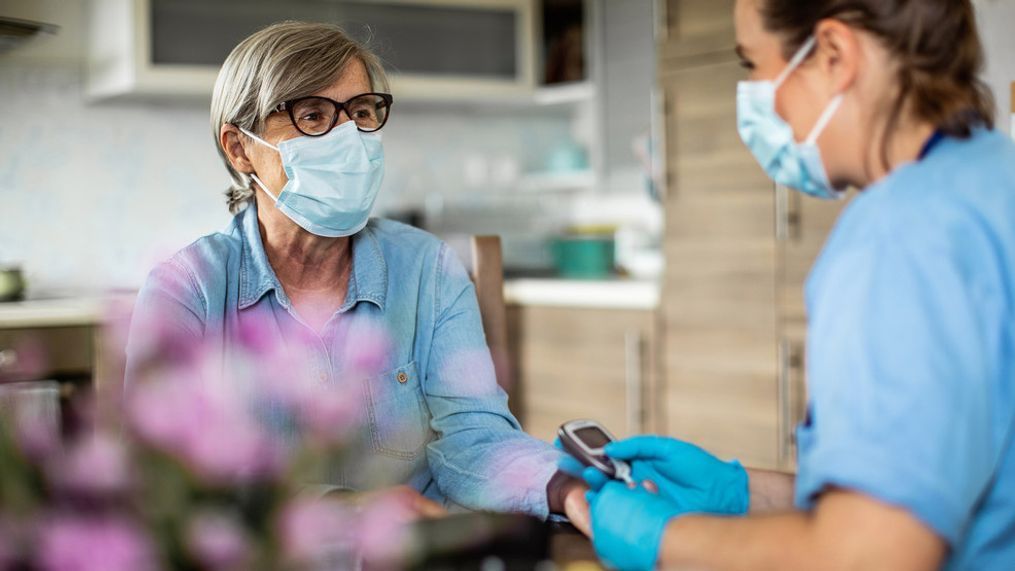Diabetes and the coronavirus: What you should know

With the coronavirus still posing substantial risks to certain populations, individuals world-wide are constantly worrying about whether they're "at-risk." At-risk populations are those with certain predisposing conditions that make them more vulnerable to contracting the virus. These conditions are almost always health-related, including survivors of cancer, heart disease, smoking, and more. Type I and II diabetes are no exception.
Does diabetes increase your risk of contracting the virus?
In short, no. Or, at least scientists are not exactly sure whether a diabetes diagnosis makes affected individuals more susceptible to COVID-19 than other populations. What they do know is that people who are battling diabetes may have a worse experience if the virus is contracted than those who are diabetes-free.
If you have diabetes, you may be subject to serious complications if the virus is contracted. Older populations are at much greater risk, too. It doesn't matter if you have type I or type II diabetes; you need to be extra careful regardless. Some of the steps you can take to increase your odds of safety include:
- Wear a mask whenever you are in close contact with individuals you don't know. If possible, even wear a mask around those you know — just in case.
- Maintain a safe distance between you and others. Six feet whenever possible.
- Wash your hands regularly and always choose soap and water over hand-sanitizer, as hand-sanitizer kills the good bacteria that help fight off infection, too.
- Get tested if you feel sick and self-quarantine, not only for your safety but for the safety of others.
- Manage your diabetes by keeping your blood sugar in check. If your blood sugar levels fluctuate (one of the primary concerns for those with diabetes), you will have a more challenging time fighting off an infection if it enters your body. COVID-19 increases swelling and inflammation, which can also be caused by above-target blood sugar levels. The combination can be severe, so speak with your doctor and closely monitor your specific situation — especially if you do happen to contract the virus.
Sinclair Broadcast Group is committed to the health and well-being of our viewers, which is why we initiated Sinclair Cares. Every month we'll bring you information about the "Cause of the Month," including topical information, education, awareness, and prevention. November is American Diabetes Month.
